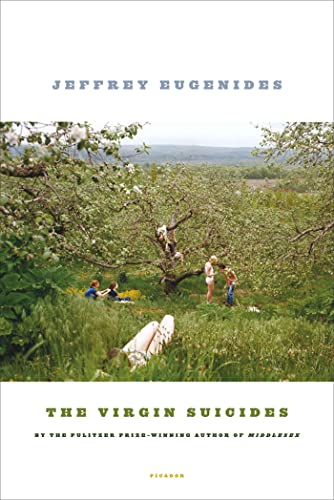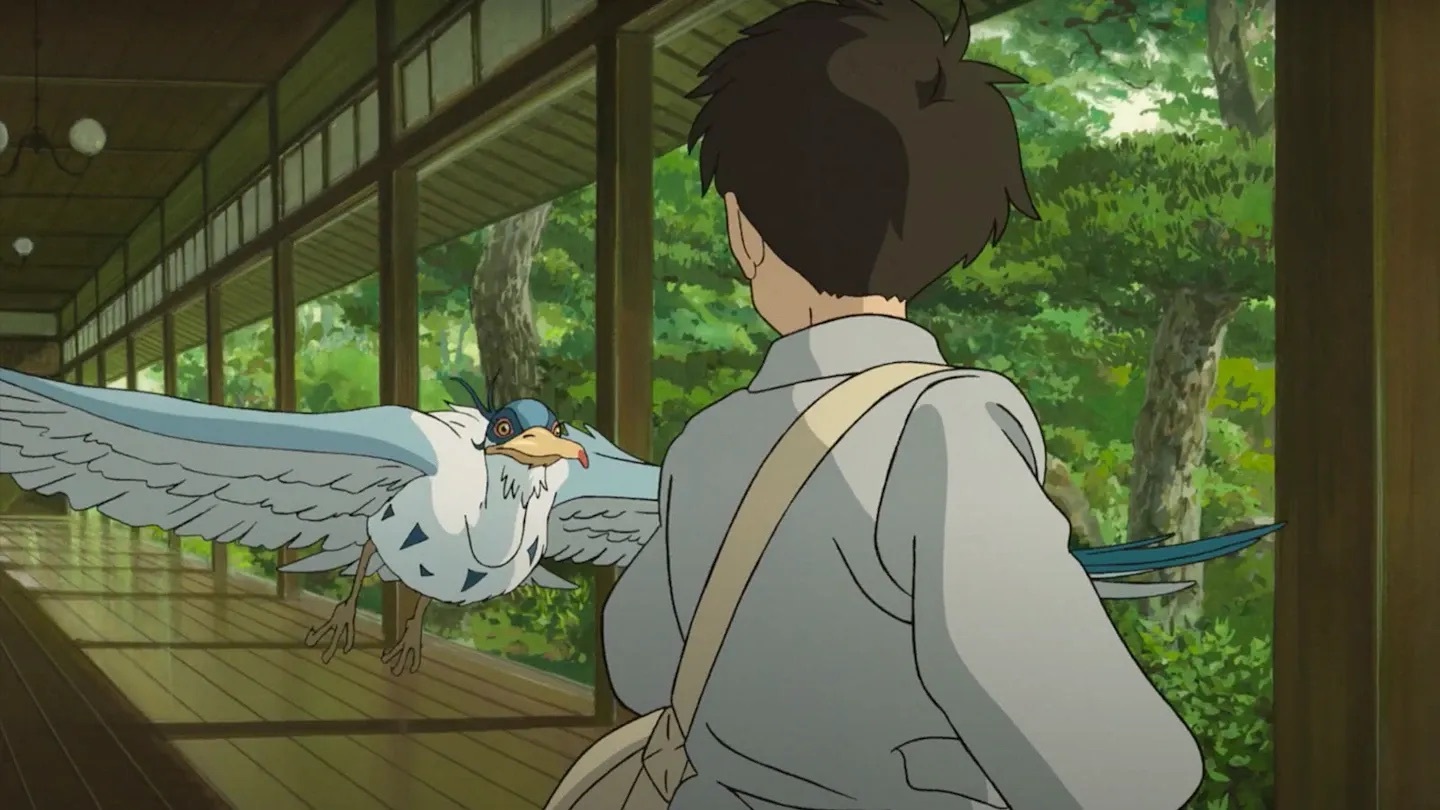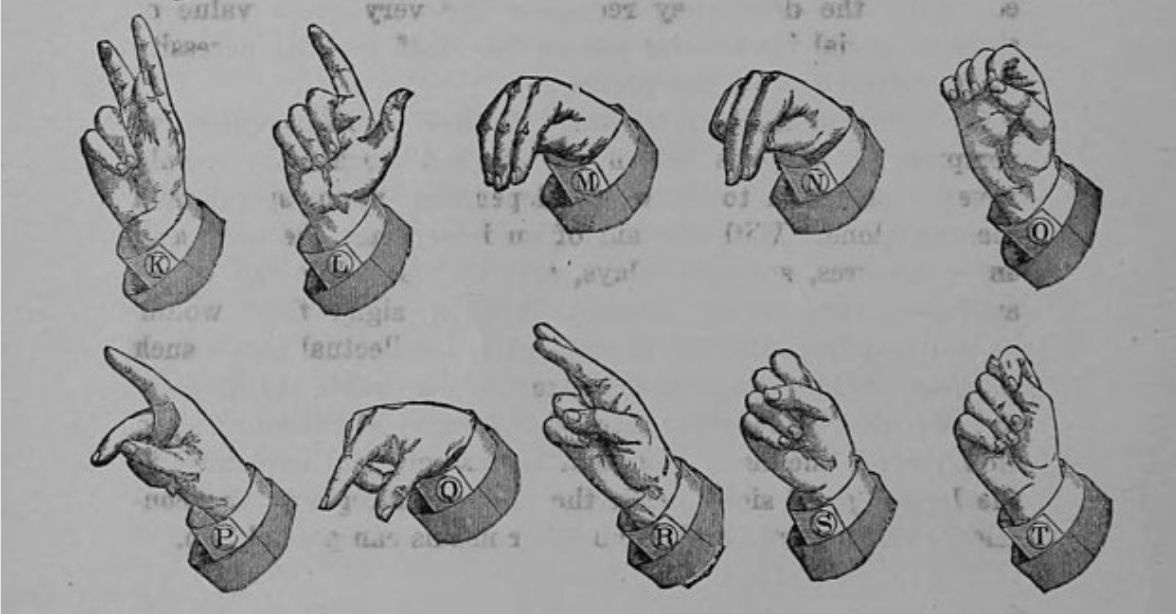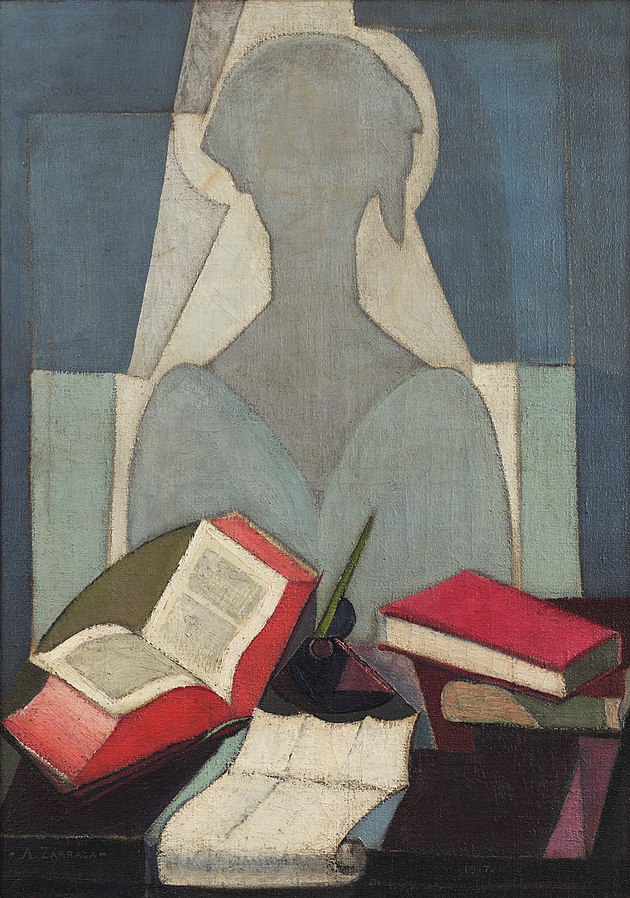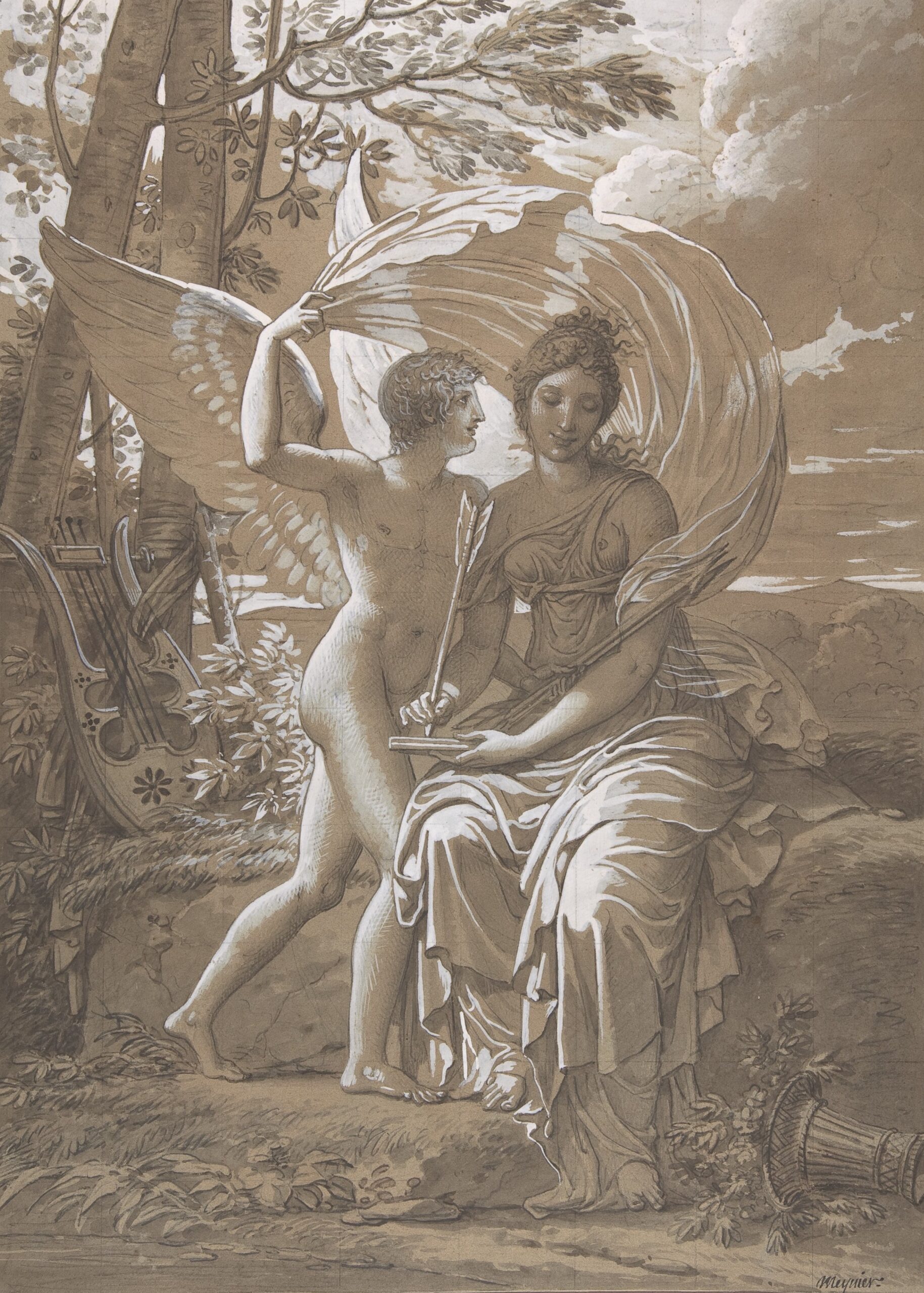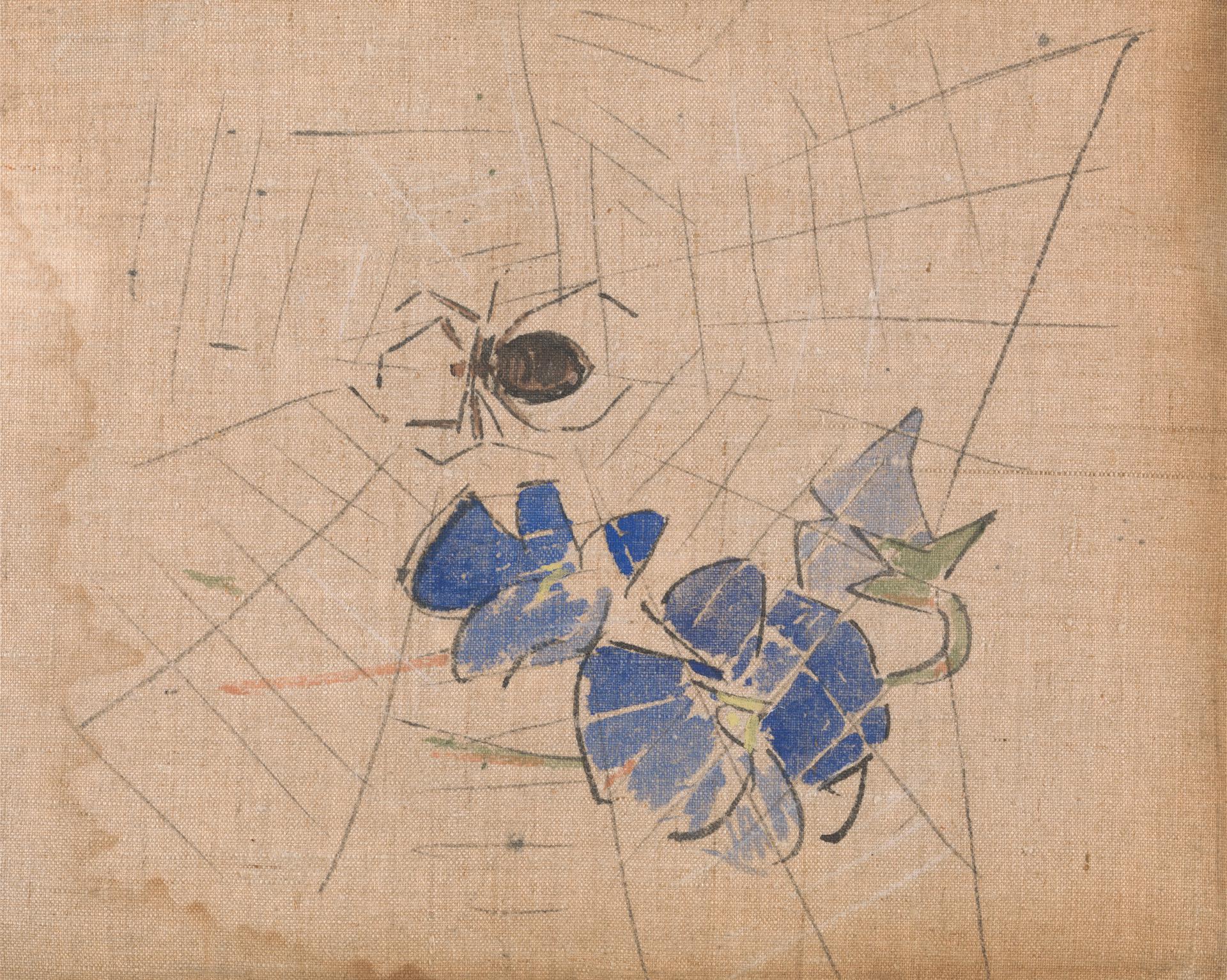
1.
In “Hunger Was Good Discipline,” from A Moveable Feast, Hemingway writes about his short story “Out of Season”:
I had omitted the real ending of it which was that the old man hanged himself. This was omitted on my new theory that you could omit anything if you knew that you omitted and the omitted part would strengthen the story and make people feel something more than they understood.
 In a recent interview with Jennifer Egan at Guernica, the interviewer mentions a review of Egan’s 2006 novel The Keep in which the reviewer, Maureen McClarnon of Booklsut, declared the ending section unnecessary:
In a recent interview with Jennifer Egan at Guernica, the interviewer mentions a review of Egan’s 2006 novel The Keep in which the reviewer, Maureen McClarnon of Booklsut, declared the ending section unnecessary:
The Keep is easily the best book I’ve read all year. Actually, allow me one small qualification: it’s the best if one disregards the last section […] the book has this excellent ending, but what’s with all of those extra pages? What, an entire extra section? […] I don’t think it was necessary, or that it made the book stronger; the last section is there to tie up some loose narrative ends that could have been left dangling. If the reader has fully bought in to the whole willing suspension of disbelief package for the duration of the book, why burst the bubble?
The Guernica interviewer added that “most readers I’ve spoken with disagree.” Egan’s response to the review: “Whatever. To me, there was no question that it was the right thing to do. And it was probably the hardest part of the book to write.”
During the dark days of revising and seeking publication for my novel, Long for This World, a friend and veteran (former) literary editor read the manuscript and encouraged me with her praise. I remember in particular her saying, “The ending is one of the strongest and most memorable I’ve read,” which I was especially glad to hear, because the ending felt right to me as well. During the Q&A at a recent reading, I called on a woman sitting in the far back who shouted boldly: “I really enjoyed the book, but I hit the ending like a brick wall. It felt unfinished.” To which I replied, “Um, well, I… guess it’s always better to leave people wanting for more?”
2.
Christopher Allen Walker wrote here at The Millions: “It is as if writers are compelled to sacrifice their characters to the reader’s need for catharsis and redemption, found in the resolution of the plot.” If there is such thing as an “average reader” – and I’m not sure there is – then perhaps, yes, a survey would show that resolution is preferred over open-endedness. And yet my examples above show that readers (and writers) are quite mixed on this. Even Hemingway has fans and detractors, particularly in regards to his stories, the endings of which do sometimes feel like an amputated limb whose corporal existence lingers as a ghost-like sensation.
It’s tempting to imagine a linear spectrum of ending “types,” with tied-up-in-a-bow on one end, chopped-off-with-a-blunt-ax on the other. But really, there are so many different kinds of literary endings. What constitutes “satisfying” for different readers? I wonder if a particular reader tends to enjoy one kind of ending across the board, or is there a more complex alchemy of writer and reader that happens, book by book? As readers, do writers prefer the same kinds of endings that they write?
3.
Picasso said that a great work of art comes together “just barely.” I’ve always loved this quote, because it implies that a work of art is a whole thing, as opposed to an assemblage of component parts. I’m guessing Jennifer Egan did not think of her ending as modular; in other words, she didn’t consider it “an ending” at all, but rather “the last XX pages of the work.” Often, when advising writing students about endings, I suggest that if the ending isn’t quite working, the revision needs to be focused somewhere earlier on, not as much (and certainly not exclusively) on the last section, page, or paragraph.
 That said, all this brings to mind an interesting example of an artist working toward an ending: the DVD of Wong Kar-Wai’s In the Mood for Love includes outtake scenes, most of which are alternate versions of a particular middle section, and of the ending. Each of these scenes represents a drastically different ultimate emotional affect, and the mixing and matching of them does feel a bit like modular-furniture rearrangement (an apt metaphor for a filmmaker whose aesthetic is very designerly). Is the forbidden-love relationship between the main characters one of 1. (passionate) consummation or 2. (passionate) abstention? If the latter, does the tension/longing stay with 1. both characters long into the future, or 2. just with one of them? Do the characters 1. reunite or 2. never cross paths again? If the former, is it by chance or by design, and, either way, what is the emotional tenor / ultimate implication of that reunion? Wong shot many different possibilities; it seems he needed to play them out in order to decide. As much as I loved the film as is, watching all these possibilities and “doing the math” afterwards feels like the appropriate complete experience; it makes doubly clear that the final version — the most minimal and the most poignant — is the right one, the best one.
That said, all this brings to mind an interesting example of an artist working toward an ending: the DVD of Wong Kar-Wai’s In the Mood for Love includes outtake scenes, most of which are alternate versions of a particular middle section, and of the ending. Each of these scenes represents a drastically different ultimate emotional affect, and the mixing and matching of them does feel a bit like modular-furniture rearrangement (an apt metaphor for a filmmaker whose aesthetic is very designerly). Is the forbidden-love relationship between the main characters one of 1. (passionate) consummation or 2. (passionate) abstention? If the latter, does the tension/longing stay with 1. both characters long into the future, or 2. just with one of them? Do the characters 1. reunite or 2. never cross paths again? If the former, is it by chance or by design, and, either way, what is the emotional tenor / ultimate implication of that reunion? Wong shot many different possibilities; it seems he needed to play them out in order to decide. As much as I loved the film as is, watching all these possibilities and “doing the math” afterwards feels like the appropriate complete experience; it makes doubly clear that the final version — the most minimal and the most poignant — is the right one, the best one.
5.
Here are some adjectives I often hear applied to endings:
- memorable
- surprise / twist
- heartbreaking / tear-jerking
- dramatic
- melodramatic
- resonant
- haunting
- anti-climactic
- ambiguous
- unresolved
- hopeful
- dark
- cheesy / sentimental
- ballsy
- sublime
6.
Following are a few of my own favorite kinds of endings and some examples:
Endings that make you go, HOW did the writer DO that? and thus make you want to re-read immediately:
 “The Point” by Charles D’Ambrosio, “Safari” by Jennifer Egan, and Revolutionary Road by Richard Yates each does something at the end that feels like a stomach-turning shift, and yet it works; you are jarred, but just the right amount. In writing classes, these endings are sometimes described as “surprising but inevitable.” (This is perhaps the most common type of successful ending, so I’ll unpack it a bit.)
“The Point” by Charles D’Ambrosio, “Safari” by Jennifer Egan, and Revolutionary Road by Richard Yates each does something at the end that feels like a stomach-turning shift, and yet it works; you are jarred, but just the right amount. In writing classes, these endings are sometimes described as “surprising but inevitable.” (This is perhaps the most common type of successful ending, so I’ll unpack it a bit.)
In “The Point,” an adolescent narrator whom you’ve been with for 15 pages reveals/confesses something shocking to you. The narrative tone also shifts abruptly, from wry/humorous/lyrical to unflinching and direct. You should feel strong-armed by the author, but you don’t; you realize this is just what you’ve been wanting to know, and in just this voice, all along.
In “Safari,” Egan’s omniscient narrator flashes forward from a present time in which the main characters are children, to a crystal-ball future. It’s disturbing, both in terms of what is revealed in the crystal ball, and also in terms of the reader’s stability; somebody is spinning the room on its horizontal axis, has switched your flat screen for a 3D Imax. When the narration returns to the present, you feel the buzz of the spin, but your feet re-plant on the ground; it works beautifully.
In Revolutionary Road, at the very end of the novel, we finally get the female protagonist’s (April Wheeler’s) narrative point of view. Just for a moment – and at just the right moment – we are right inside her head. As with “The Point,” we realize it’s what we’ve wanted all along, and we marvel that the writer has engendered that craving, over the previous 200-some pages, at a slow simmer, so skillfully.
Endings that leave you speechlessly marooned in emotion / sensation:
John Cheever’s “Goodbye, My Brother,” and James Salter’s “Last Night” jolt you out of intellect into something you can’t think your way through or out of. Cheever does this with that stunning final image:
I saw their uncovered heads, black and gold in the dark water. I saw them come out and I saw that they were naked, unshy, beautiful, and full of grace, and I watched the naked women walk out of the sea.
Salter does it with an ostensibly neat and tidy closing paragraph that creates so much dissonance vis-a-vis the emotional disturbances of the story thus far (an affair, an assisted-suicide gone wrong), you find yourself trapped in a kind of feeling-thinking purgatory, your response relegated (arguably elevated) to the realm of pure sense.
Endings that cannot be summed up in words:
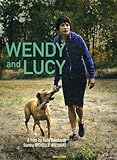 Certainly there are literary examples of this, but Kelly Reichardt’s film Wendy and Lucy comes to mind first. Perhaps this is a dog owner’s thing, but I remember a friend describing to me the ending, trying to reassure me (since I have low tolerance for dead-dog movies). “You’ll be all right,” she said. “Lucy [the dog] comes out just fine.” This is correct, strictly speaking, but there is nothing “just fine” about the ending of this movie. It’s emotionally and narratively understated, but wrenchingly sad; nowhere near “just fine.”
Certainly there are literary examples of this, but Kelly Reichardt’s film Wendy and Lucy comes to mind first. Perhaps this is a dog owner’s thing, but I remember a friend describing to me the ending, trying to reassure me (since I have low tolerance for dead-dog movies). “You’ll be all right,” she said. “Lucy [the dog] comes out just fine.” This is correct, strictly speaking, but there is nothing “just fine” about the ending of this movie. It’s emotionally and narratively understated, but wrenchingly sad; nowhere near “just fine.”
Endings That Can Be Interpreted in More Than One Way:
When very different readings of an ending can be equally resonant, that’s what I call masterful. I am thinking of Walter Kirn‘s story “Hoaxer,” a coming-of-age story in which a boy’s ambivalent relationship with his unstable father comes to a head. On an outing with his father, the boy commits a definitive act; the act could be interpreted as a door-closing rejection, or as a claim on intimacy/connection. Either reading is both moving and disturbing in light of the story’s intricate characterizations to that point. Amazing. The other example that comes to mind is Hemingway’s notorious six-word story, which, according to Peter Miller, came about in this way:
Ernest Hemingway was lunching at the Algonquin, sitting at the famous “round table” with several writers, claiming he could write a six-word-long short story. The other writers balked. Hemingway told them to ante up ten dollars each. If he was wrong, he would match it; if he was right, he would keep the pot. He quickly wrote six words on a napkin and passed it around. The words were: “For sale: baby shoes, never worn.”
Of course, the question the reader is left with is, why were the shoes never worn? There are countless ways to read this “ending,” mostly tragic; and yet anything from miscarriage (tragedy) to mis-gendering (comedy) could explain it. As gimmicky and over-quoted as this story has become, it really is brilliant; inclusion and omission working together perfectly.
Endings you can’t even remember because the rest of the book/story was so good:
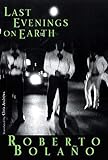
 The unmemorable ending is sometimes a work’s strength. I feel this way about Jeffrey Eugenides’s The Virgin Suicides (and I read this very recently), which is memorable for every gorgeous sentence and image, and for its dream-like, first-person-plural voice; decidedly not for its narrative Whodunnit or Whydunnit or even Howdunnit (a penultimate suicide scene). The novel doesn’t so much bring you to “an ending” as it does absorb you deeply all throughout, in an experience of language and longing, mystery and unknowing (reopening the book just now, though, I must admit that the last sentence is quite beautiful). I experienced Roberto Bolaño’s story collection Last Evenings on Earth, in a similar way. I would never describe a Bolaño story by saying, “This happens, then this, then it ends like this.” The stories seem to end for no other reason than that the story has now been told and there’s no more to tell; the “action” is in the story-telling itself, the rich emotional and psychological interplay between the Narrator and the Narrated.
The unmemorable ending is sometimes a work’s strength. I feel this way about Jeffrey Eugenides’s The Virgin Suicides (and I read this very recently), which is memorable for every gorgeous sentence and image, and for its dream-like, first-person-plural voice; decidedly not for its narrative Whodunnit or Whydunnit or even Howdunnit (a penultimate suicide scene). The novel doesn’t so much bring you to “an ending” as it does absorb you deeply all throughout, in an experience of language and longing, mystery and unknowing (reopening the book just now, though, I must admit that the last sentence is quite beautiful). I experienced Roberto Bolaño’s story collection Last Evenings on Earth, in a similar way. I would never describe a Bolaño story by saying, “This happens, then this, then it ends like this.” The stories seem to end for no other reason than that the story has now been told and there’s no more to tell; the “action” is in the story-telling itself, the rich emotional and psychological interplay between the Narrator and the Narrated.
7.
How to end an essay about endings? Hmm… at this point, I take off my reader’s hat and don my writer’s (in this case, it’s a Chilean chupalla — a cheap imitation, of course). I suspect that writer and reader will often part ways when it comes to endings (even in the same person). As a writer, I tend to have more questions than answers with regard to my characters, my story, my subject. Will this satisfy the reader? The writer never knows, sometimes does not particularly care. In this case, my considerations have run their course. The End.
[Image credit: Tiago Ribeiro]


